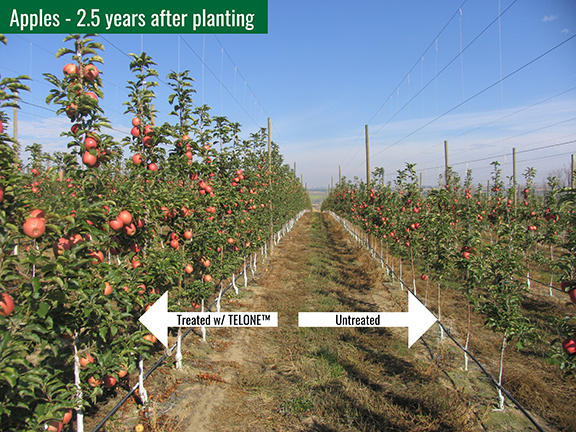Are Canadian Sales Regulations Hurting U.S. Wine?
The USDA is requesting the World Trade Organization (WTO) establish a dispute settlement panel to look into whether grocery store wine sale regulations in British Columbia unfairly favor Canadian wine over imported wine.
The Office of the United States Trade Representative (USTR) is challenging British Columbian regulations that discriminate against U.S. and other imported wine by allowing only British Columbian wine to be sold on regular grocery store shelves.
“Canada is an important market for U.S. winemakers,” USDA U.S. Trade Representative Robert Lighthizer stated.
Lighthizer cited this challenge as a “promoting fair and reciprocal trade through all available tools, including the WTO.”
Currently, regulations in British Columbia exclude imported wine from grocery store shelves, which trade officials say limits sales opportunities for U.S. wine producers and heavily favors British Columbia-produced wine. Imported wine may only be sold in grocery stores in a “store within a store” where it is physically separated from the grocery store and has separate cash register and controlled access.
British Columbia Wine Institute Responds
Miles Prodan, President and CEO of the British Columbia Wine Institute released a statement following the USDA’s announcement.
“While not surprised given the current stall in NAFTA negotiations and the U.S.’s earlier WTO complaint against British Columbian practices, we remain puzzled how they have been harmed as the U.S. has a wine trade surplus of $450.6 million,” Prodan says. “Still, we need to take their concerns seriously and we have been proactive in working with all levels of government to address the concerns of this and other trade issues.”
In the release, Prodan says sales of Canadian wines represent 32%of the market in British Columbia and U.S. wines have experienced 13% average annual wine sales value growth in Canada, every year for the past 30 years.










